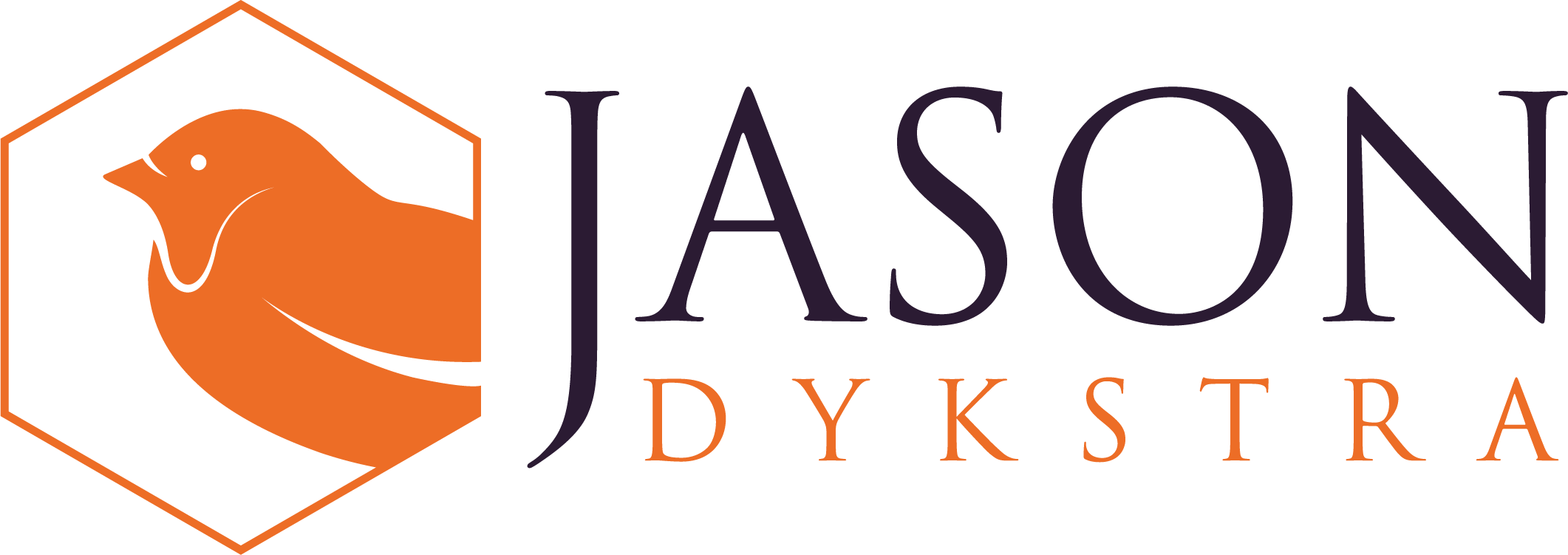What's Your Conflict's Best Before Date?
How many times have you reached into your fridge to grab the lunch meat and then try and remember when you bought it? You might suspiciously check the package for a best before date, look it over to make sure there are no spots, perhaps even smell it to make sure some funky odour is not coming from it before you make your decision. If you think it's okay, you'll slap it on that delicious sandwich you made and voila! It's sandwich time!
Food that has a shelf life of under 90 days must have a best before date. What about conflict? Does it have a "best before date"?
Let me give you an example that we can work through together. Let's say you, and I are asked to make a new pen. So we sit down, and we get to work. We have wide-ranging conversations about the pen, and we start asking questions like, "What colour should it be?" or "What about the smudgability for our left-handed friends?" You know, the essential things.
As long as our eyes stay on that pen that we are trying to design, we can have heated debates and passionate conversations - "This pen needs to have leftie functionality! Imagine a world where lefties could write without smudging over the entire paper and themselves!"
Eventually, though, we lose sight of that pen. It starts to fade from our view, and what are we left with? The person sitting across the table from us. "What do you mean, 'who cares about the lefties?' Everyone should care about them! They are the salt of the earth!"
Before, every comment that is spoken is absorbed by the pen. It took all the heat and the passion from each statement, filtered it through itself so that the other person only heard comments about that pen. Eventually, though, when that pen started to fade from our view, those comments became direct hits for us to absorb. That's where we start to get personally involved.
Our discussion turns from the pen towards each other.
That's when our defence walls start to rise, and we start putting on our armour for battle (sometimes unconsciously). It's no longer about the pen. It's personal.
So what's the best-before date in this? Likely the moment that the pen starts to fade.
So how do we keep that pen between us? Here's a couple of suggestions:
Deal with your backstories
We all have backstories, those things that exist below the surface from our past that come to the surface when comments summon them. The more we can tend to those backstories, the less they will come to the surface. Not because they don't exist anymore, but rather because they are no longer something that triggers us.
Refocus
When we feel that anxiety coming to the surface and our temperature rising, that pen is disappearing quickly. So what can we do to refocus and bring that pen back into our viewpoint? One strategy is to take a breath. In through the nose, hold for a moment, and let the breath escape from your mouth.
Get Comfortable Being Uncomfortable
Being uncomfortable is typically not fun, but if we have some experience with it, that's where much of the learning is. So what does it look like being comfortably uncomfortable? It's taking small steps towards the edge of our comfort zone regularly so that we can get comfortable with what that feels like. We start to notice quickly when we're on the edge of our comfort zone and can develop strategies to make us more comfortable out there on the fringe.
